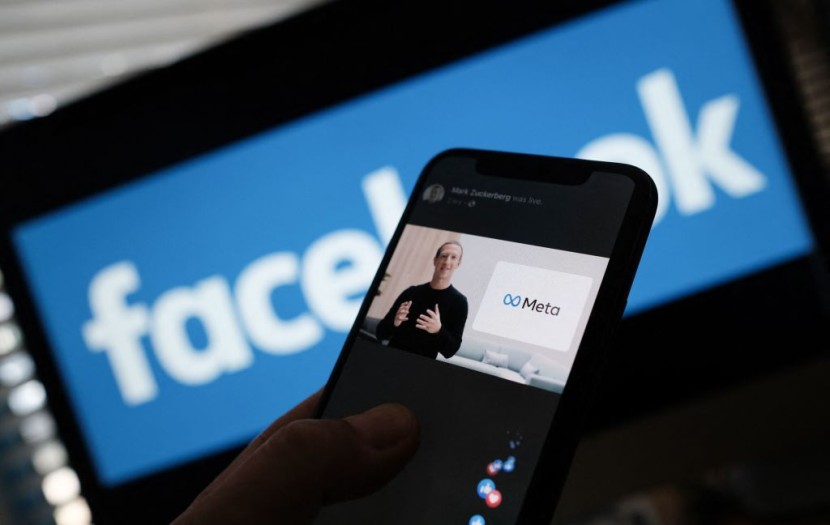
Meta, the parent corporation of Facebook, stated on Monday that it has created and partially built an artificial intelligence supercomputer that it says is among the world's fastest and would aid in the creation of the metaverse.
According to a Meta blog article published by Kevin Lee, a Meta technical program manager, and Shubho Sengupta, a software developer for the business, the supercomputer named AI Research SuperCluster (RSC) will be fully constructed by mid-2022. When it's finished, the AI supercomputer will be the fastest in the world, according to them.
Meta builds world's fastest AI supercomoputer
AI Research SuperCluster (RSC) will be completed by mid-2022, according to a blog post written by Lee and Sengupta. The metaverse, which combines the physical and digital worlds through virtual and augmented reality, would require a lot of computer power, according to Facebook's creator, Mark Zuckerberg.
RSC will enable the company's artificial intelligence researchers construct AI models that can learn from billions of samples, according to the two Meta developers, with the objective of allowing the creation of superior computer vision, speech recognition, and more, as per Newsweek.
Social media giants like Facebook and Google have long been questioned for how they handle and use the information they collect from its users. Across the European Union, the two businesses are now involved in legal proceedings. The AI algorithms that direct Facebook users to enticing content have also been chastised for fueling hate speech and falsehoods. Facebook has publicly apologized for the negative impacts of its algorithms, and it has long emphasized the importance of content moderators and other methods to deal with problematic material.
On Monday, European Digital Rights, a coalition of non-governmental organizations working to rein in big tech, acknowledged that Facebook had made attempts to improve, but it questioned what the company might do with such a powerful tool. Two members of Meta's AI research team highlighted that screening out dangerous information was one of the "important use cases" for the supercomputer's development. The corporation was pushing for AI capabilities based on billions of cases at the same time that high-definition video was increasing the demand for processing capacity, according to Mint.
Read Also : UK Central Bank Under Pressure as Inflation Soars to 30-Year High, Cost of Living Squeeze Looms
Facebook charges users for consuming data
More than five years ago, Facebook began its free internet service in developing countries and low-income areas to give individuals with free access to various Internet services. According to an investigation, many consumers are being charged modest sums by their cell phone providers for consuming data while using applications in free mode, totaling millions of dollars each month in the year ending July 2021.
An October memo from Meta, which was using internal business papers and referencing internal company documents, noted the issue last year, calling it a violation of its transparency policy. The problem occurs "when consumers are in Free Mode and feel that the data they are using is covered by their carrier networks, even if they are really paying for it themselves."
In an emailed comment to CNET, a Meta spokeswoman said the issue is connected to a text-only version of Facebook. In 2016, internet rights advocates in India chastised Facebook for their free internet service, Free Basics, which they said violated net neutrality rules by only providing "limited access to the internet," CNET reported.
Related Article : 'Significant' Cyber Attack Hits Canadian Foreign Ministry, Causes Widespread Network Disruption
@YouTube
© 2026 HNGN, All rights reserved. Do not reproduce without permission.








